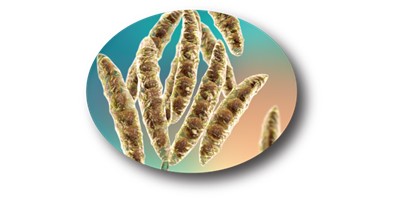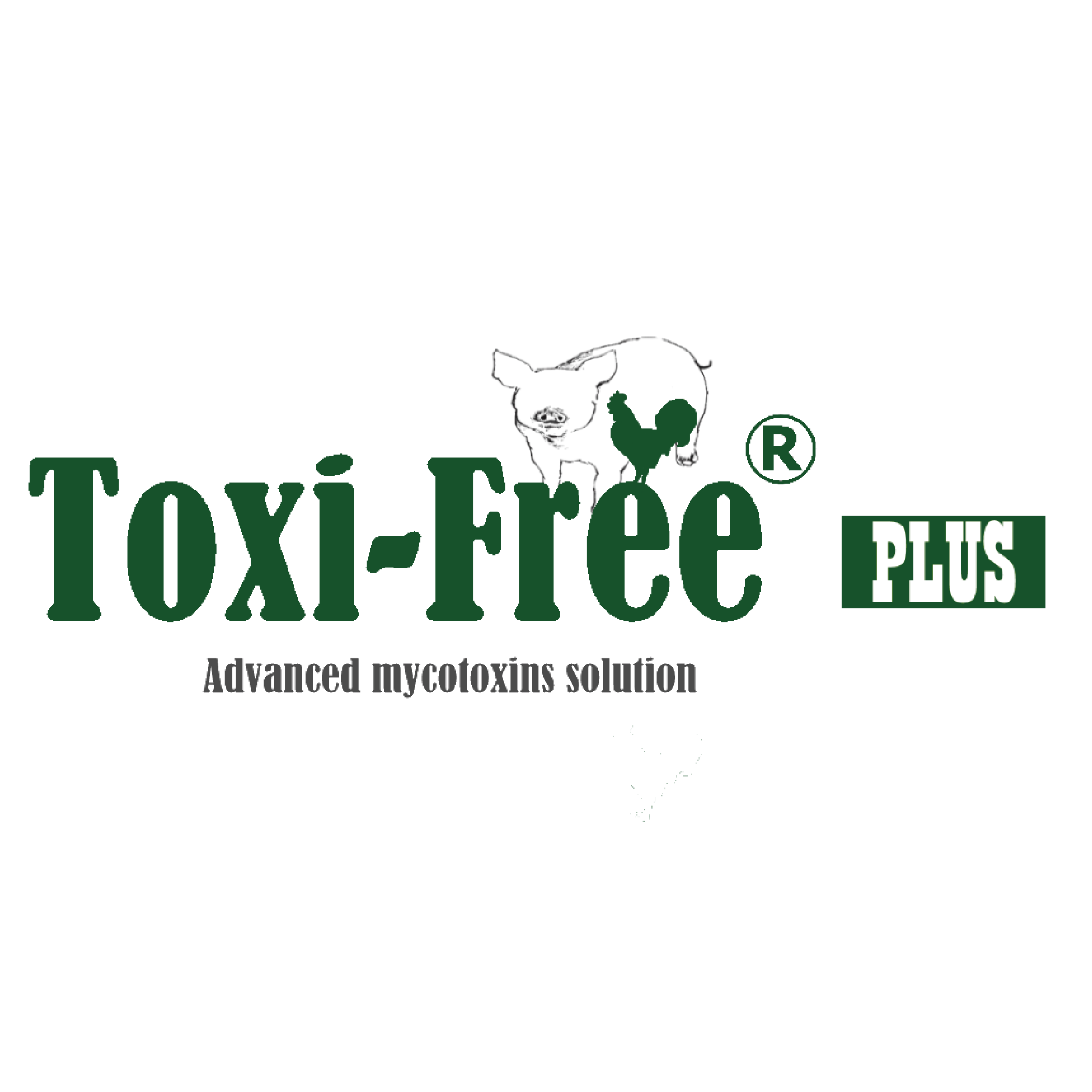Effects of DON and antidote on pro-inflammatory mRNA expression of broilers
Mycotoxins- a force to be reckoned with!
Deoxynivalenol (DON; vomitoxin) is a trichothecene mycotoxin produced by Fusarium graminearum and is prevalently found in grains such as wheat, corn, barley, and their by-products. DON mainly affects the health of monogastric animals, particularly pigs and poultry, through contaminated feedstuffs.

Fusarium mycotoxins can be categorized into four major groups: Trichothecenes, zearalenone, fumonisins, and enniatins.
Animal study
Fifty-four one-day-old broilers (Ross 308) were randomly allocated to three different treatment groups (n = 18 per group):
| Ingredient | CTRL | DON | DON + Antidote* |
|---|---|---|---|
| DON powder [g/kg] | - | 0.005 | 0.005 |
| Antidote [g/kg] | - | - | 1.5 |
* Antidote: Toxi-free PLUS, Life Rainbow Biotech Co., Ltd., Yilan, Taiwan.
Effects of DON and antidote on pro-inflammatory mRNA expression in the spleen and bursa of Fabricius of broilers
DON significantly increased COX-2 mRNA expression in the spleen and bursa compared with the control group, whereas the antidote supplement efficiently reversed the effects on COX-2 mRNA expression (Figures 1a and 2a). Although a slight increase in iNOS and IL-1β mRNA expression was observed in the DON-treated group, no statistically significant difference between the control group and the DON-treated group was found in the spleen and bursa (Figure 1b,1c, and 2b, 2c).
.png)
Figure 1. Effects of Deoxynivalenol and antidote on pro-inflammatory mRNA expression in spleen of 28-day-old broilers. (a) COX-2, (b) iNOS, (c) IL-1β and (d) TNF-α. Values were expressed as mean ± SD (n = 18). Different letters above the bars indicate significant differences between the means (p < .05)
Figure 2. Effects of Deoxynivalenol and antidote on pro-inflammatory mRNA expression in bursa of Fabricius of 28-day-old broilers. (a) COX-2, (b) iNOS, (c) IL-1β and (d) TNF-α. Values were expressed as mean ± SD (n = 18). Different letters above the bars indicate significant differences between the means (p < .05)
Conclusion
In this study, the expression of the pro-inflammatory gene, COX-2, was induced in the spleen and bursa of Fabricius of DON-fed broilers. This effect was alleviated in the presence of a mycotoxin degradation agent.
Reference
Yu Y. H., F. S. H. Hsiao, W. S. Proskura, A. Dybus, Y. H. Siao, Y. H. Cheng. 2018. An impact of Deoxynivalenol produced by Fusarium graminearum on broiler chickens. J. Anim. Physiol. Anim. Nutr. 2018, 102, 1012–1019.
Article Classification
Recent Articles
- Strategic Care for Chicken in Cold Weather: Combating Poultry Viral Diseases
- Tired of Antibiotics in Shrimp Farming? Boost Gut Health & FCR with Advanced Postbiotics
- Understanding PRRS: Causes, Symptoms, and Management
- The Complete Guide to Sow Management and Feed Additives for Swine
- Unlock Profitable Growth and Optimize Piglet Weaning with Effective Strategies



